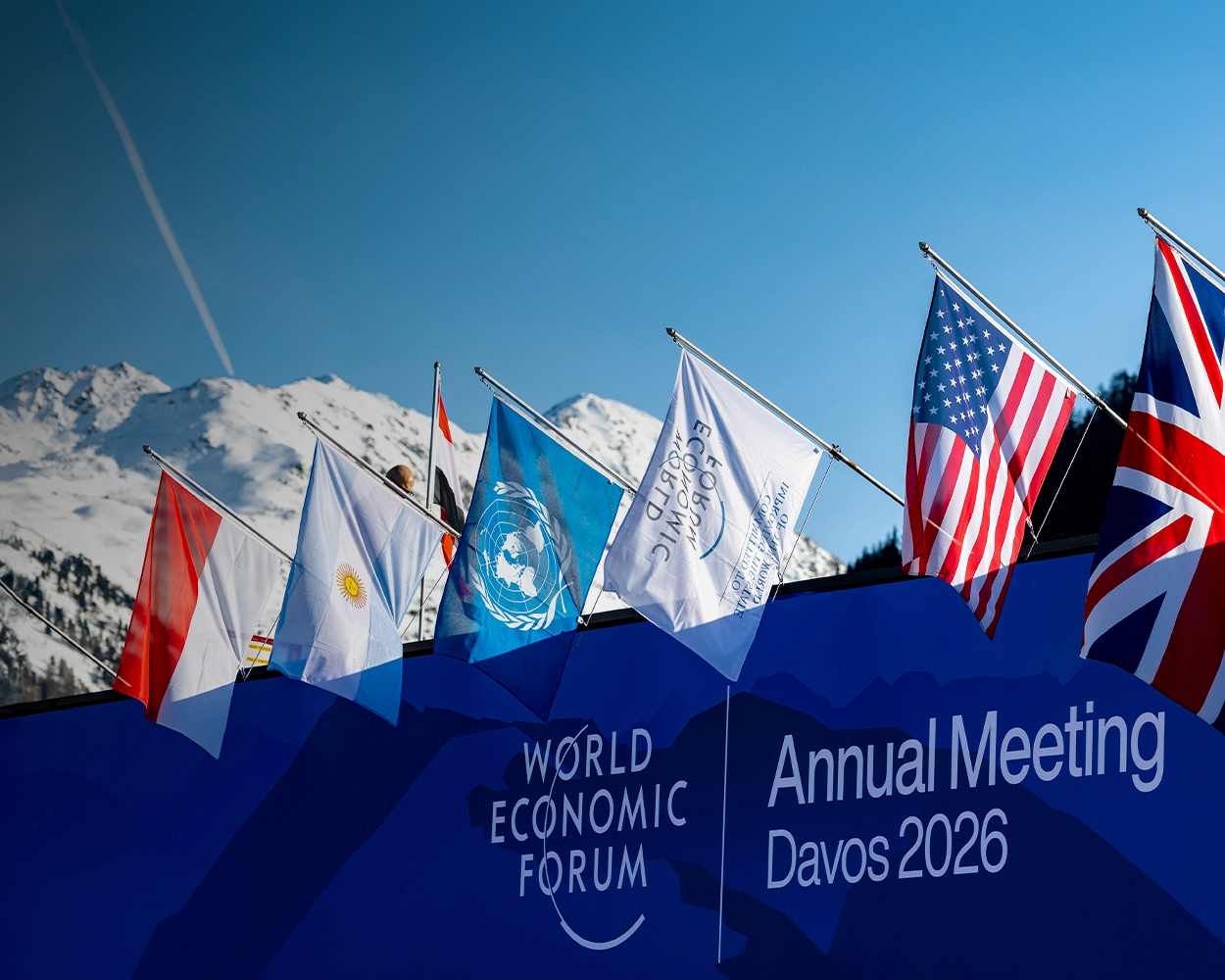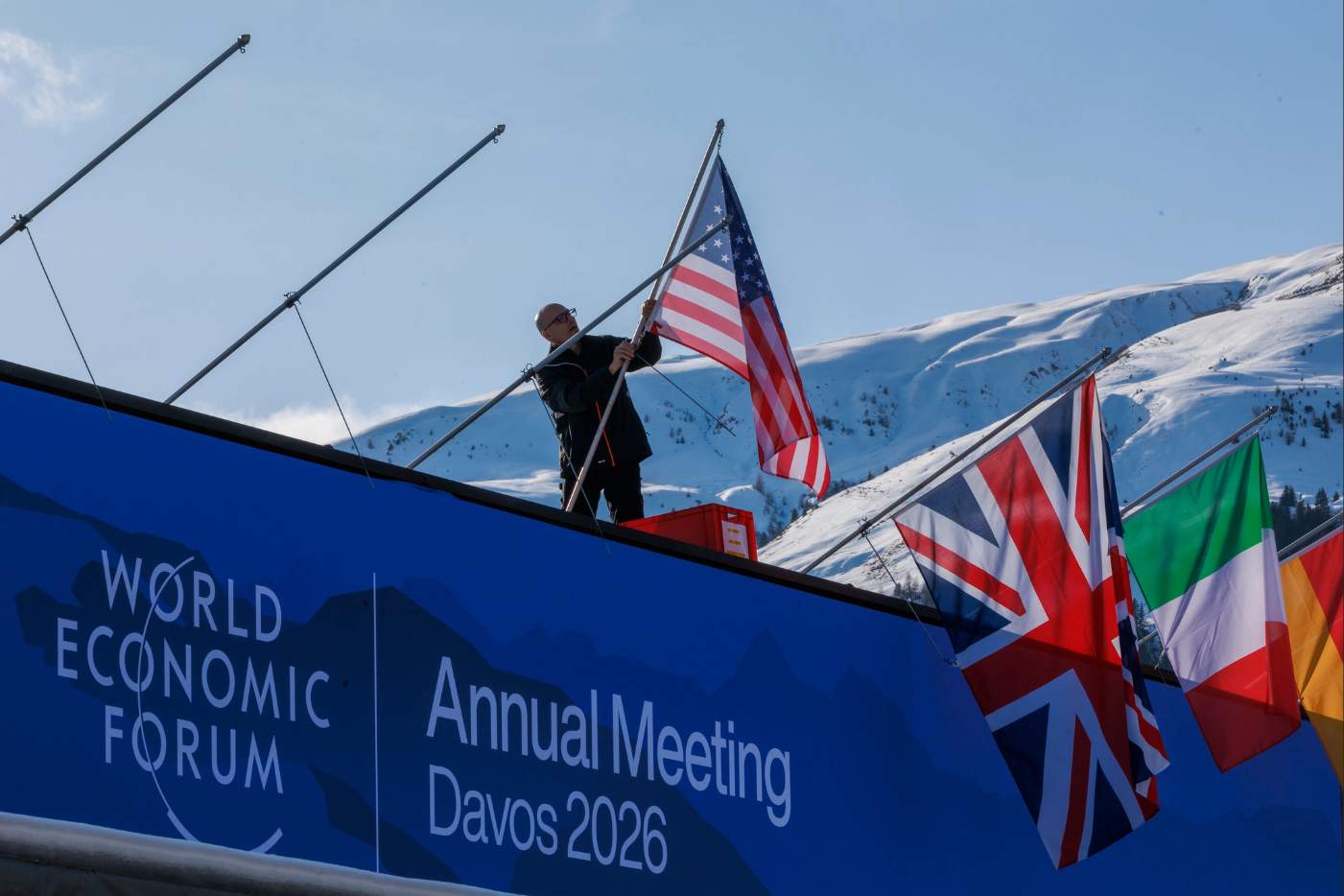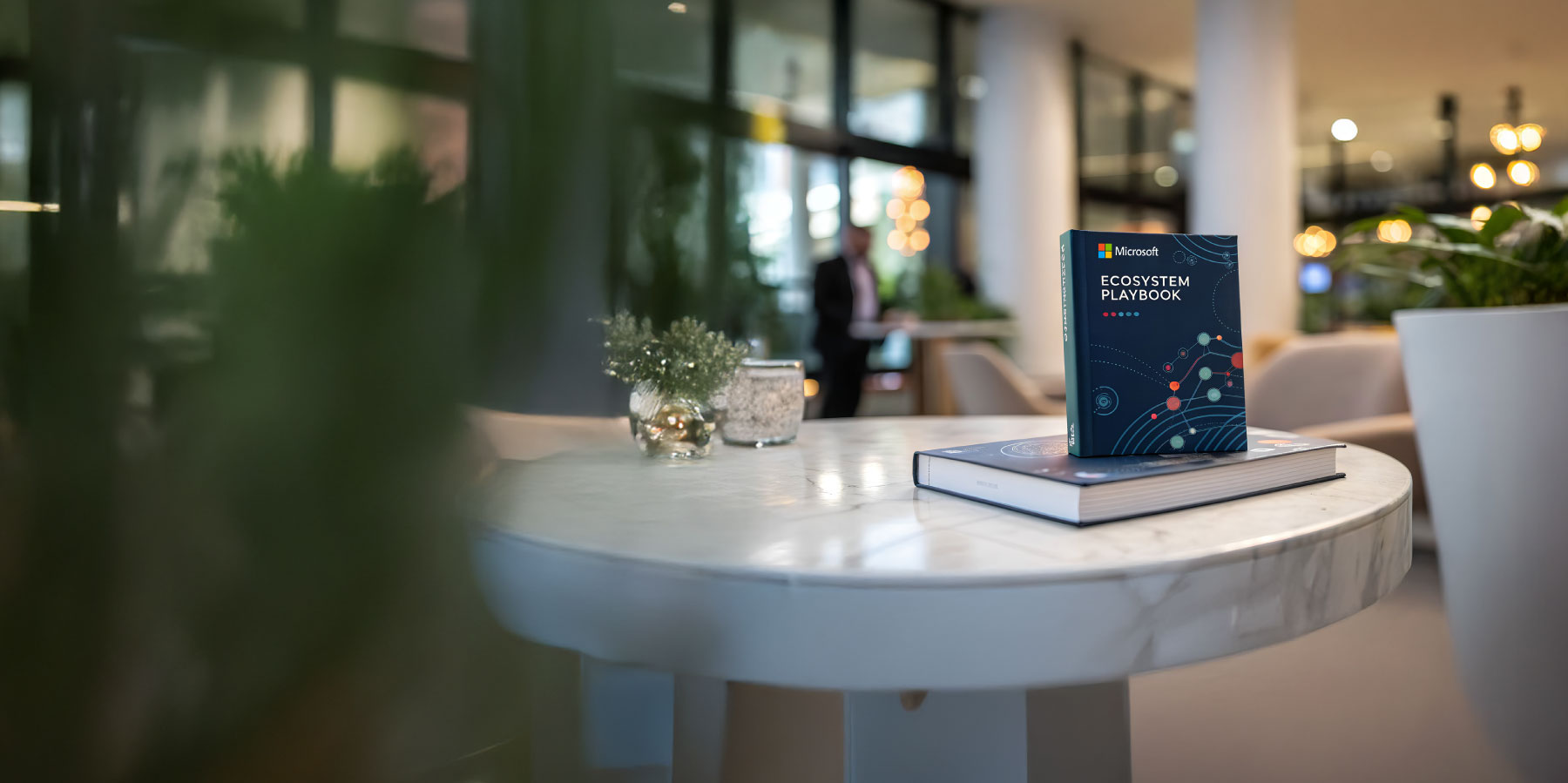ING: An agile organization in a disruptive environment
To support a new digital strategy launched in 2014 in response to multiple sources of disruption, ING Netherlands restructured in 2015 into an agile organization. Agility is based on speed, flat, collaborative and customer-centric design principles. In October 2017, ING was considering rolling the agile organization to Belgium in view of a merger of the two countries operations. On the one hand, agility was proving very effective to respond to disruption. But on the other hand, there were signs of tensions in the organization, some resulting from agility, some from the change process itself. The case puts participants in the shoes of Herman Tange, a tribe leader, in October 2017 as he ponders his recommendations about the future of the agile organization model to his new CEO. Herman wants to discuss three options.
- ING is one of the first large companies to embrace the agile methodology and to elevate it into a large scale organization design to respond to digital, competitive and consumer disruption.
- This case is about learning when agility matters, what agility is exactly, how to design agile organizations, and what the opportunities and pitfalls to expect in the transformation are.
- This case is an inspiration for any large, slow-moving, hierarchical organization trying to embed change on a proactive basis through collaborative, customer-centric and purposeful behaviours.
ING Group, Finance and Insurance, Banking
2008-2017
Cranfield University
Wharley End Beds MK43 0JR, UK
Tel +44 (0)1234 750903
Email [email protected]
Harvard Business School Publishing
60 Harvard Way, Boston MA 02163, USA
Tel (800) 545-7685 Tel (617)-783-7600
Fax (617) 783-7666
Email [email protected]
NUCB Business School
1-3-1 Nishiki Naka
Nagoya Aichi, Japan 460-0003
Tel +81 52 20 38 111
Email [email protected]
IMD retains all proprietary interests in its case studies and notes. Without prior written permission, IMD cases and notes may not be reproduced, used, translated, included in books or other publications, distributed in any form or by any means, stored in a database or in other retrieval systems. For additional copyright information related to case studies, please contact Case Services.
Research Information & Knowledge Hub for additional information on IMD publications
The case describes Hilti's transformation from a premium tool maker to a solution provider in commercial construction, while keeping its innovation leadership. Confronting industry pain points such as lost tools, downtime, safety risks and thin ma...
For the team at Oculis, the announcement of the new USD 100 million fundraising could not have come at a more opportune moment. The biopharmaceutical startup was founded in 2017 to transform ophthalmology by developing not only original delivery m...
in I by IMD
Research Information & Knowledge Hub for additional information on IMD publications
in I by IMD
Research Information & Knowledge Hub for additional information on IMD publications
Research Information & Knowledge Hub for additional information on IMD publications
in I by IMD
Research Information & Knowledge Hub for additional information on IMD publications
Research Information & Knowledge Hub for additional information on IMD publications
Case reference: IMD-2692 ©2025
Research Information & Knowledge Hub for additional information on IMD publications
in I by IMD
Research Information & Knowledge Hub for additional information on IMD publications
Research Information & Knowledge Hub for additional information on IMD publications
in I by IMD
Research Information & Knowledge Hub for additional information on IMD publications
Research Information & Knowledge Hub for additional information on IMD publications









